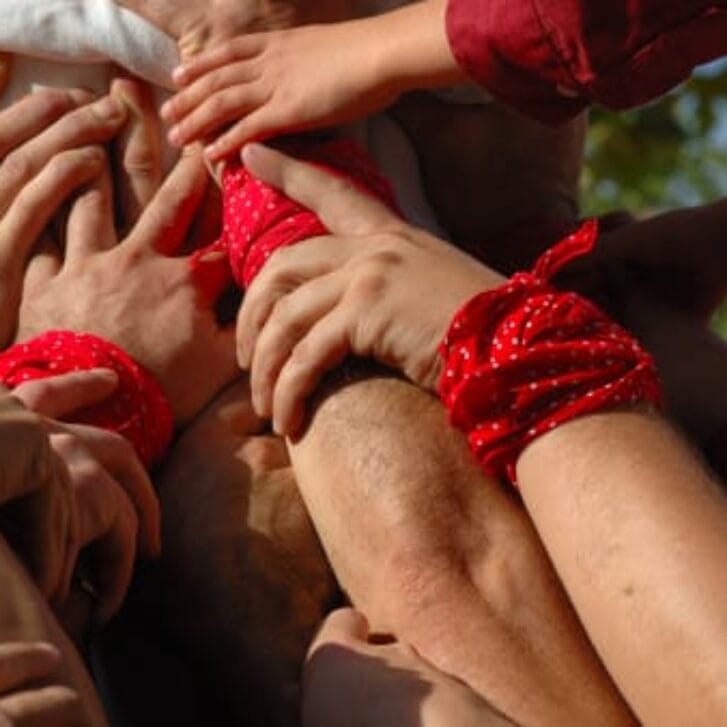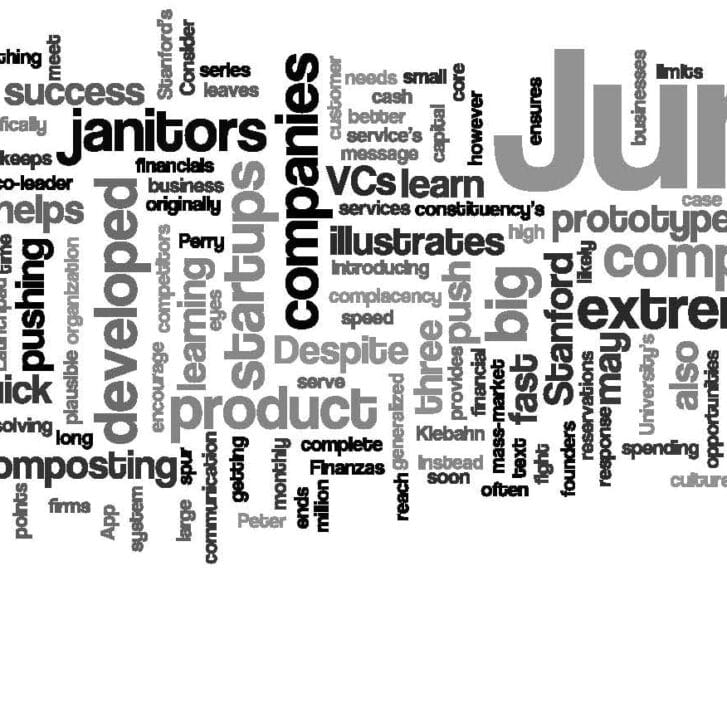In May 2011 for Forbes, I interviewed Wharton junior Charlie Javice, the co-founder of PoverUP, an online network that lets “socially minded students learn, connect and invest in microfinance and social businesses.” I spoke with Javice again recently—along with PoverUP’s chief operating officer (and Penn sophomore) Heather Miller and its former chief investment officer David Fisher, C’12.
The firm has ambitious growth goals. Javice said that by 2016 PoverUP aspires to operate on 550 campuses, to make $10 million worth of investments, and to partner with 20 microfinance organizations and social businesses. In efforts to achieve its goals, the PoverUP team has focused its launch strategy on how best to hook in users. In doing so, they will launch the platform with five initial investment projects, growing to 15 in the first year.
PoverUP is working toward partnering with South Pacific Business Development (SPBD), operating in Fiji, Samoa and Tonga; Pro Mujer based in Latin America; and D.light design, a producer of solar-powered lanterns targeted at 40 emerging markets.
As PoverUP brings students to work as interns for these organizations, it will also be seeking investors to fund microloans. PoverUP—which raised outside money to pay its technology platform developers —will charge a fee of 4 percent of the capital they provide. If donors choose, they can allow PoverUP to use repaid microloans to help its partner organizations.
Although each active member of the team has experienced a call to action that led them to join PoverUP, none is more meaningful than that which inspired Javice and her brother Elie (a sophomore in the Jerome Fisher Program in Management and Technology) to create the organization. Javice was spurred into action during the summer of 2008 while volunteering at a border refugee village in Thailand. When she bought 50 donuts for $1, she realized that a little money could go a long way to help impoverished people start businesses and free themselves from the cycle of poverty.
PoverUP has a broad mission of making a wide variety of stakeholders better off. Here’s how:
• Students. PoverUP wants to connect students around the world with each other and with opportunities to consult and intern at microfinance institutions and mission-driven businesses.
• Professors. PoverUP offers professors a chance to access students who can help them do social-impact research.
• Social Innovators. PoverUP will help social entrepreneurs achieve their capital goals and advance their projects. Through its open platform, PoverUP aims to provide education, health care, financial services, clean energy and housing to the bottom of the pyramid.
• Individuals. PoverUP wants to give people interested in microfinance a chance to “invest”—people who give, say, $200 would hope to get repaid by the project to which they lent and to enjoy the satisfaction of helping a worthy cause.
• Corporations. PoverUP would give companies with large corporate social responsibility groups—such as Goldman Sachs and Revlon—access to potential future employees engaged in supporting microfinance and social business projects.


























